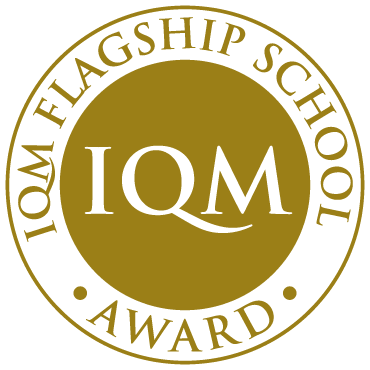Music
Music lessons at Babington Academy are designed to be exciting and engaging and develop learners into becoming all-round, skilled, modern musicians. Working in an environment that stimulates creativity, students have the opportunity to make music every lesson, whether that be through performance, composition or listening to music. We believe that music learning is most effective when young people are making music and when their existing passion for music is reflected and built upon.
The KS3 Music Curriculum: Musical Futures
Students in Year 7 and Year 8 study music on a rotational basis and learn through the Musical Futures method; a method that is a tried-and-tested, yet innovative, approach to music learning, based on a pedagogy that is driven by the musical culture of the participants. It brings real-world music learning processes into the classroom, engaging and inspiring all and promoting inclusion and diversity.
‘Just Play’ (Year 7 and 8)
Just Play builds foundational skills, both instrumental and musical, through participation in a whole-class ensemble. Many of the pedagogical principles of informal learning and non-formal teaching have been embedded throughout Just Play, in particular: that students learn music aurally and the approach has been developed using music that many students will recognise, like and engage with.
The KS4 Music Curriculum: Level 2 Rock School Live Practitioners in Music Performance
Students study Music through the Rock School Live Music Practitioners vocational qualification at Level 2 for KS4. It is a practical approach to music learning and embeds skills built upon in KS3. Students must complete a total of 20 units for the course and the implementation and completion of these units is spread over two years, starting in Year 10, where the first official unit is completed. Students must also complete an externally set, controlled assessment, completed over 30 hours, with the value of 8 credits.
The current unit schedule is as follows:
Year 10: Unit 204ta: Instrumental Study – 8 credits.
This unit aims to enhance the learner’s capacity to understand how to maximise their development as an instrumentalist, to recognise success and to encourage improvement in areas which require further work through objective and reflective self-assessment. The purpose of this unit is to facilitate the learner’s ongoing development as an instrumentalist, based around their own goals and objectives using structured planning and reflection of personal development. This will in turn facilitate the capacity to use their instrument as their primary tool for creating and/or performing music.
Year 11: Unit 201ta: Musical Knowledge – 4 credits
The aim of this unit is to build the learner’s musical knowledge and give them the ability to articulate their thoughts and feelings about music using the appropriate industry & theoretical language whilst drawing upon knowledge learned within this unit.
Learners will study musical styles and the various distinctive traits that comprise them. Through study of this unit learners will build a wider contextual and theoretical knowledge of contemporary music. This knowledge will be demonstrated through the ability to identify and analyse the key stylistic and musical elements present within contemporary music.
Students taking this option at KS4 level should have a good understanding of music and be able to play a musical instrument.
Extra-curricular music activities
There is a wide range of music-making activities to engage with here at Babington Academy:
- Instrumental lessons
- Babington Choir
- Brass ensemble
- Steel pans
- Keyboard club (coming soon)







 ↑
↑


